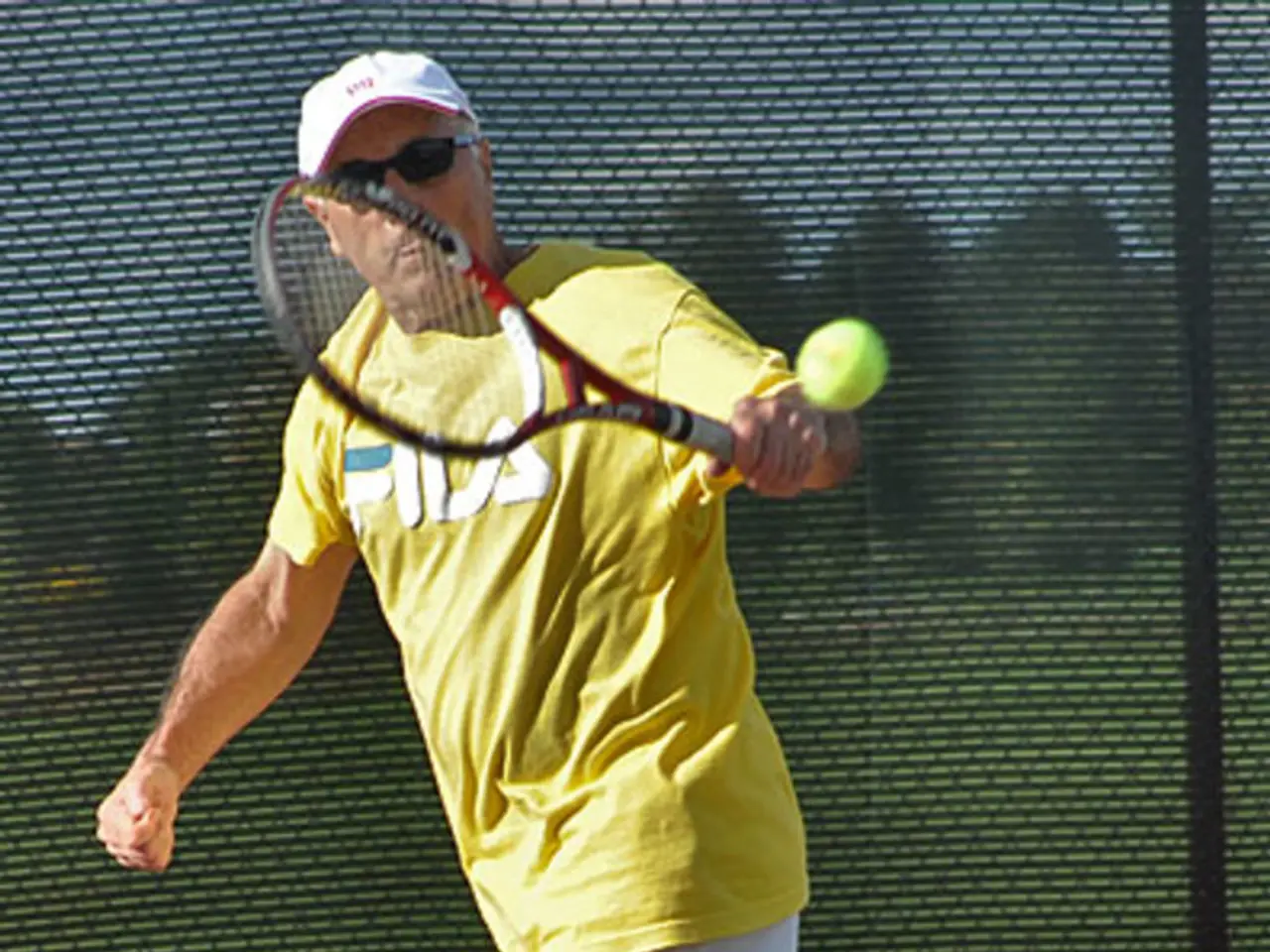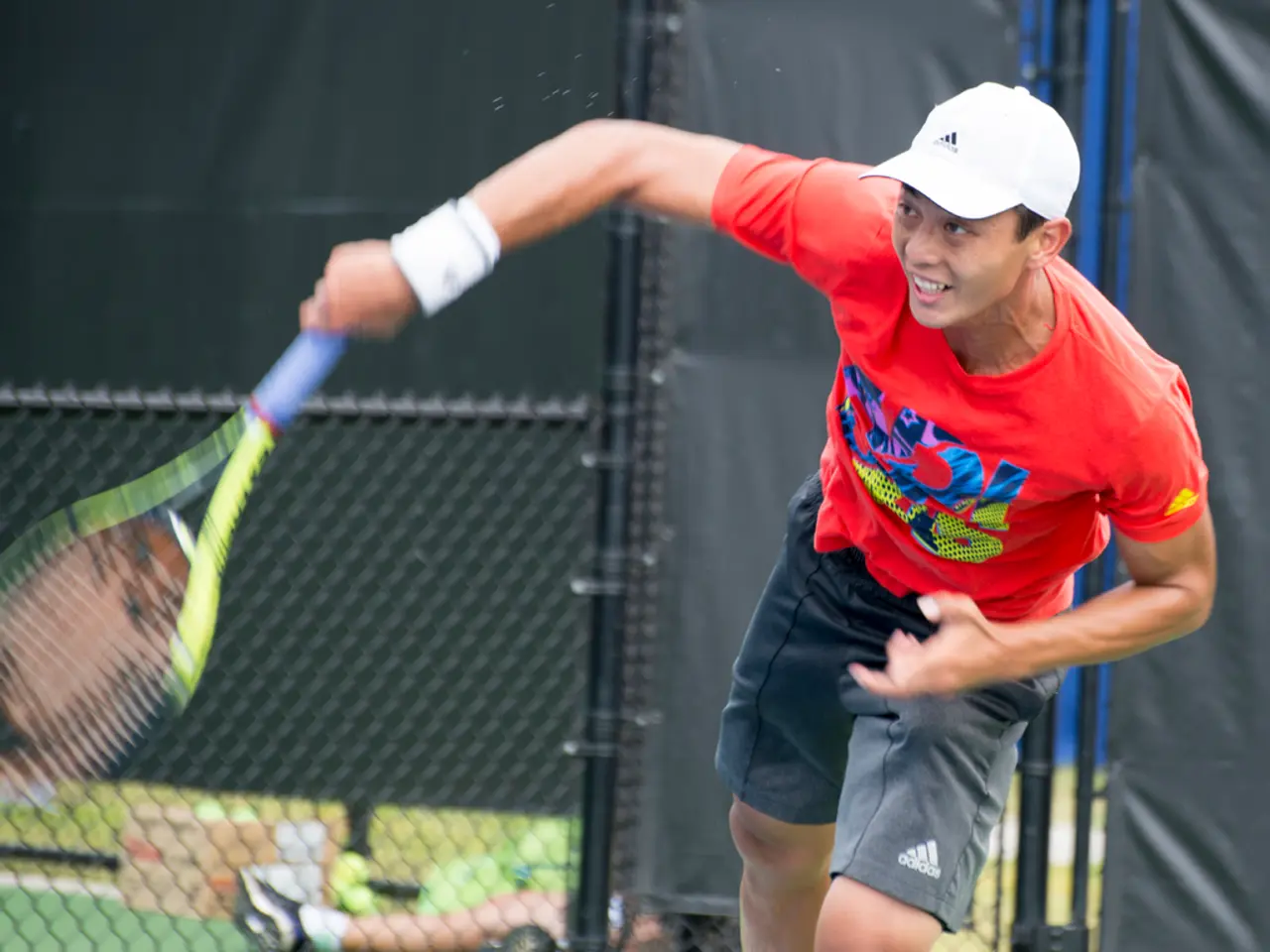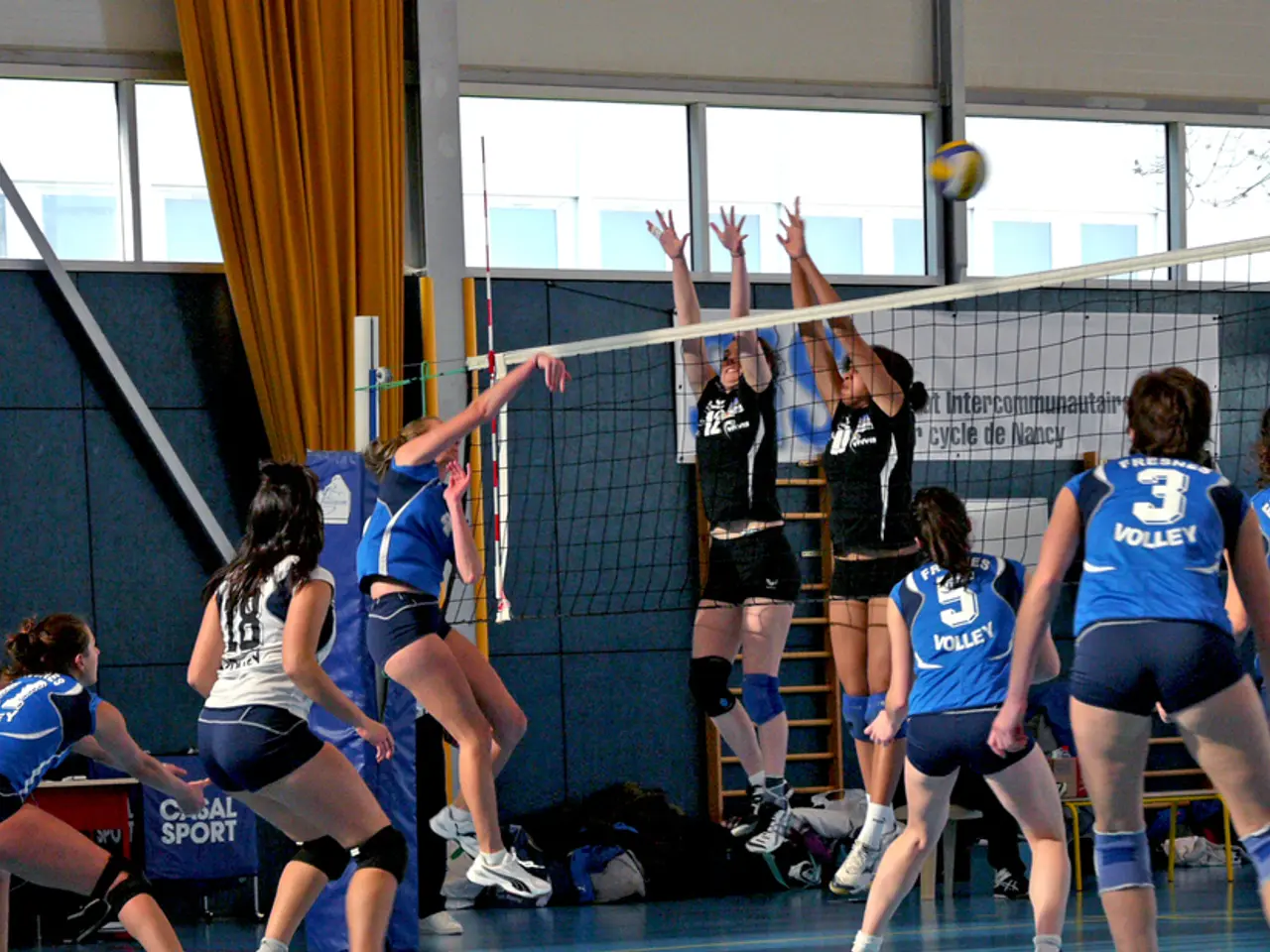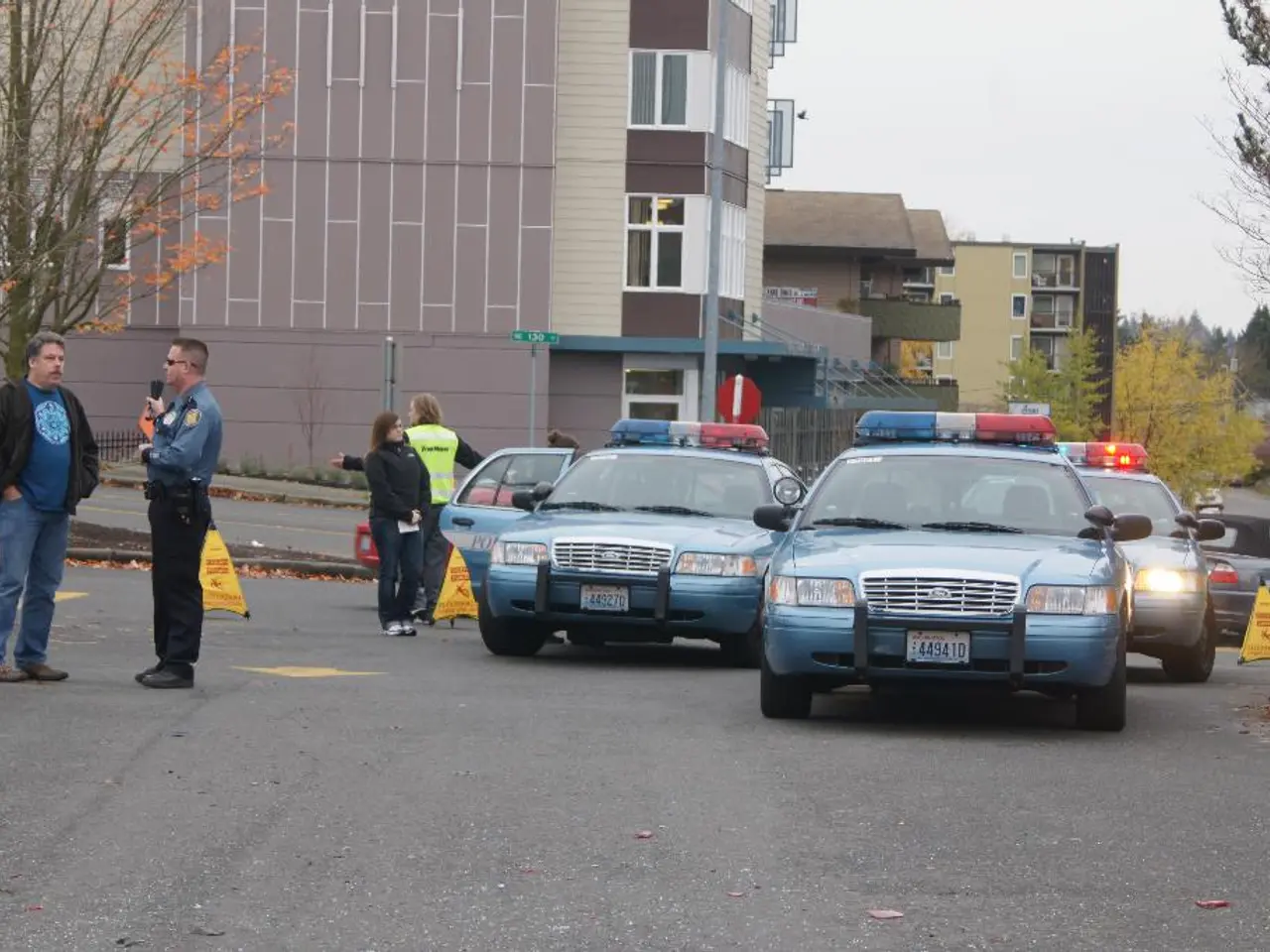Wimbledon issues an apology for the inconvenience faced.
In the historic first year of Wimbledon's reliance on the Electronic Line Calling (ELC) system, concerns about its reliability have emerged, with operational factors involving human oversight causing some setbacks.
During a match on Centre Court in 2025, between Anastasia Pavlyuchenkova and Sonay Kartal, the ELC system was accidentally deactivated for an entire game on one side of the court due to human error by the system operators. This oversight led to clear out calls being missed, and points being replayed incorrectly, causing frustration amongst the players and raising questions about fairness and accuracy.
Despite these issues, tournament officials and Hawk-Eye representatives have maintained their confidence in the accuracy of the ball-tracking technology itself. The problem, they claim, lies not in the technology’s precision to determine in/out shots but in the dependency on human operators and procedural coordination to keep the system active and functioning seamlessly during matches.
Anastasia Pavlyuchenkova, who lost a break at 4:5 but went on to win the match 7:6 (7:3), 6:4, expressed her anger towards the referee, stating, "You stole my game." German referee Nico Helwerth was unaware of the system's deactivation, adding to the confusion on court.
Other players, including Jack Draper and defending champion Carlos Alcaraz, have also expressed doubts about the accuracy of the ELC system. Draper stated, "Honestly, I don't believe the system is 100% accurate," citing instances where the system incorrectly identified balls as in play.
In response to these concerns, Wimbledon has reviewed its processes and made necessary changes to improve the system's accuracy. The spokesperson for Wimbledon acknowledged the issues and promised improvements, stating, "We are committed to ensuring fairness and accuracy in our matches, and we are taking steps to address these issues."
The Electronic Line Calling System is aimed at avoiding disputes over millimeter decisions at Wimbledon, and it is mandatory at ATP Tour events and is also used at the US Open and Australian Open. Despite its potential, the system's accuracy in practice at Grand Slam tournaments depends on flawless operation and oversight.
As Wimbledon continues to review and improve protocols to avoid future malfunctions, the ELC system's reliability remains a topic of discussion. While the technology is technologically sound, its accuracy in practice depends on the human operators and procedural coordination, something that, as of Wimbledon 2025, has proven imperfect on occasion.
[1] The Guardian. (2025, July 15). Wimbledon: Hawk-Eye system failure causes confusion on Centre Court. Retrieved from https://www.theguardian.com/sport/2025/jul/15/wimbledon-hawk-eye-system-failure-causes-confusion-on-centre-court
[2] BBC Sport. (2025, July 15). Wimbledon: Hawk-Eye system failure causes confusion on Centre Court. Retrieved from https://www.bbc.co.uk/sport/tennis/59165663
[4] The Telegraph. (2025, July 16). Wimbledon 2025: Hawk-Eye system failure causes chaos on Centre Court. Retrieved from https://www.telegraph.co.uk/tennis/2025/07/16/wimbledon-2025-hawk-eye-system-failure-causes-chaos-centre-court/
Sports and tennis have been affected by the reliability concerns of the Electronic Line Calling (ELC) system, particularly at the Grand Slam events like Wimbledon. During a match in 2025, human error led to the system's deactivation for a game, causing missed calls and replayed points inaccurately, causing frustration among players.







